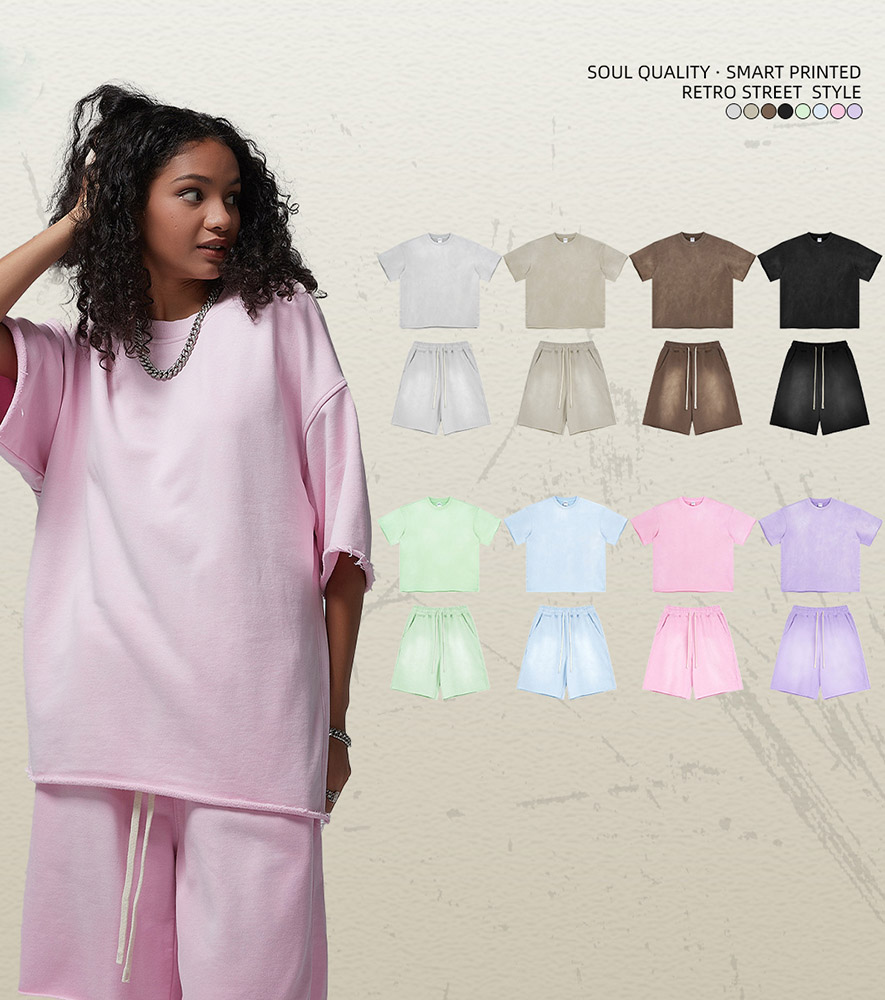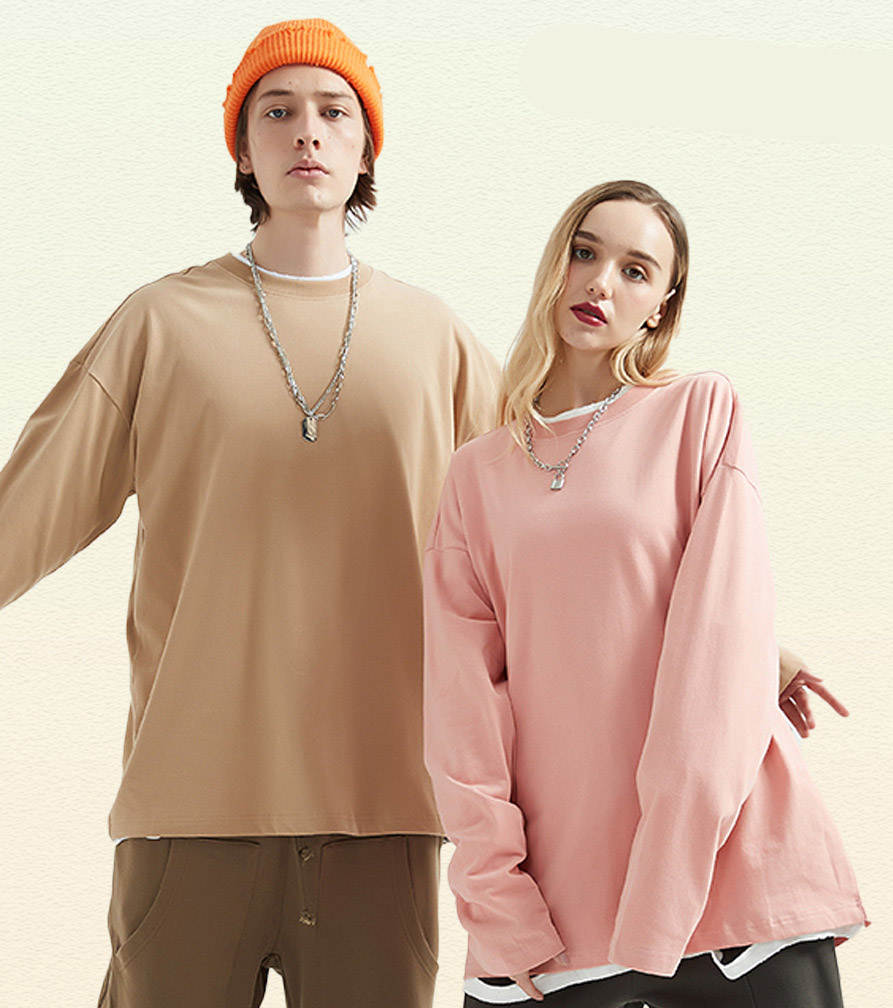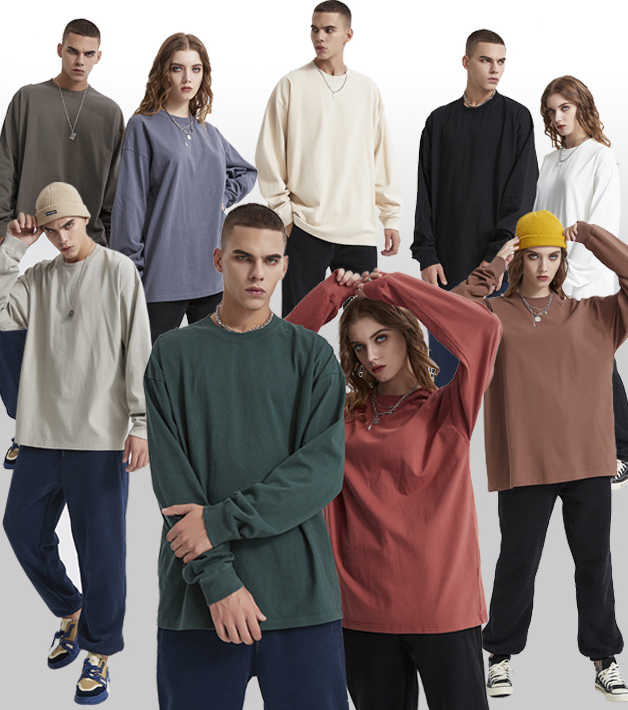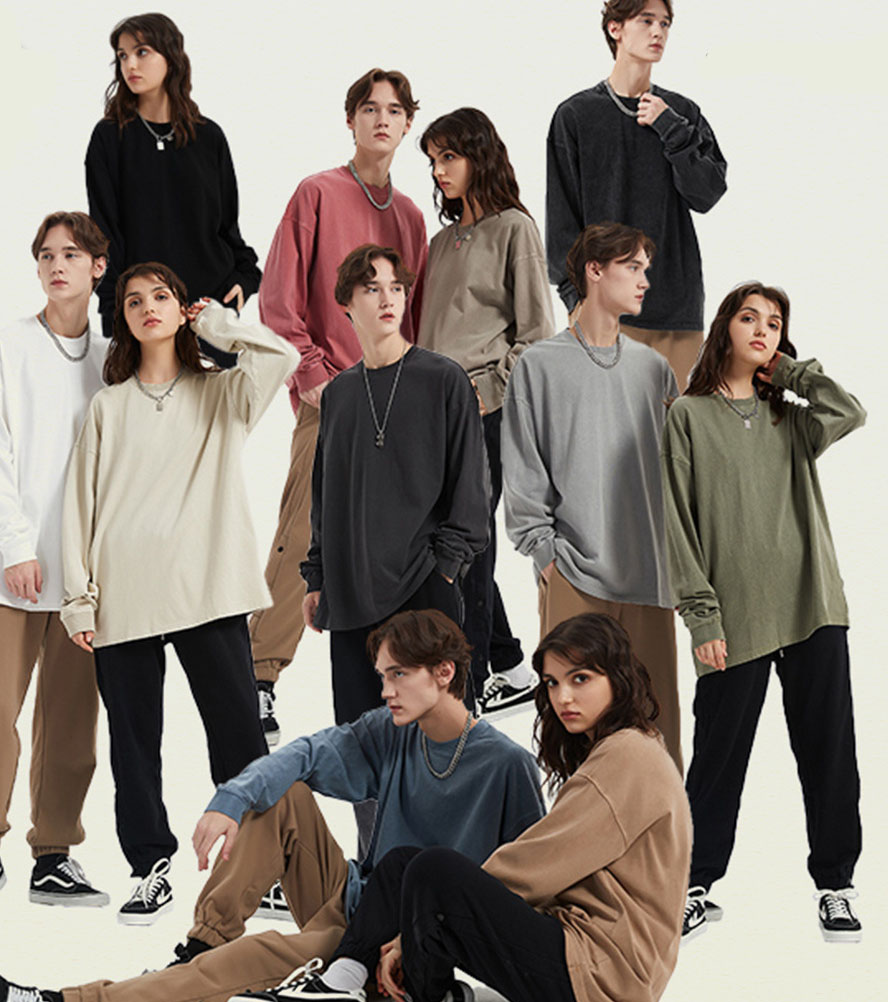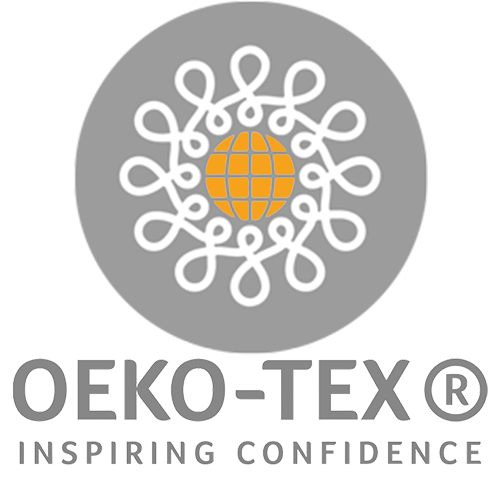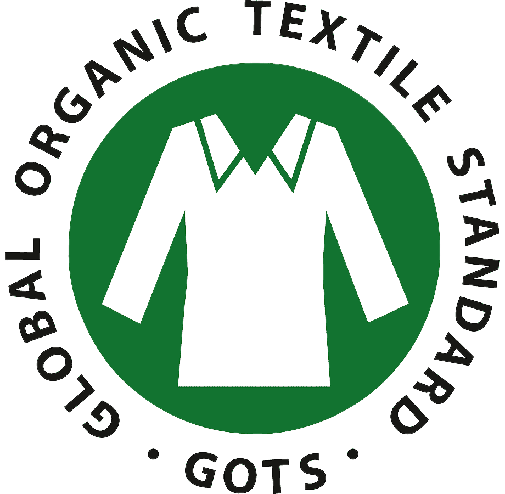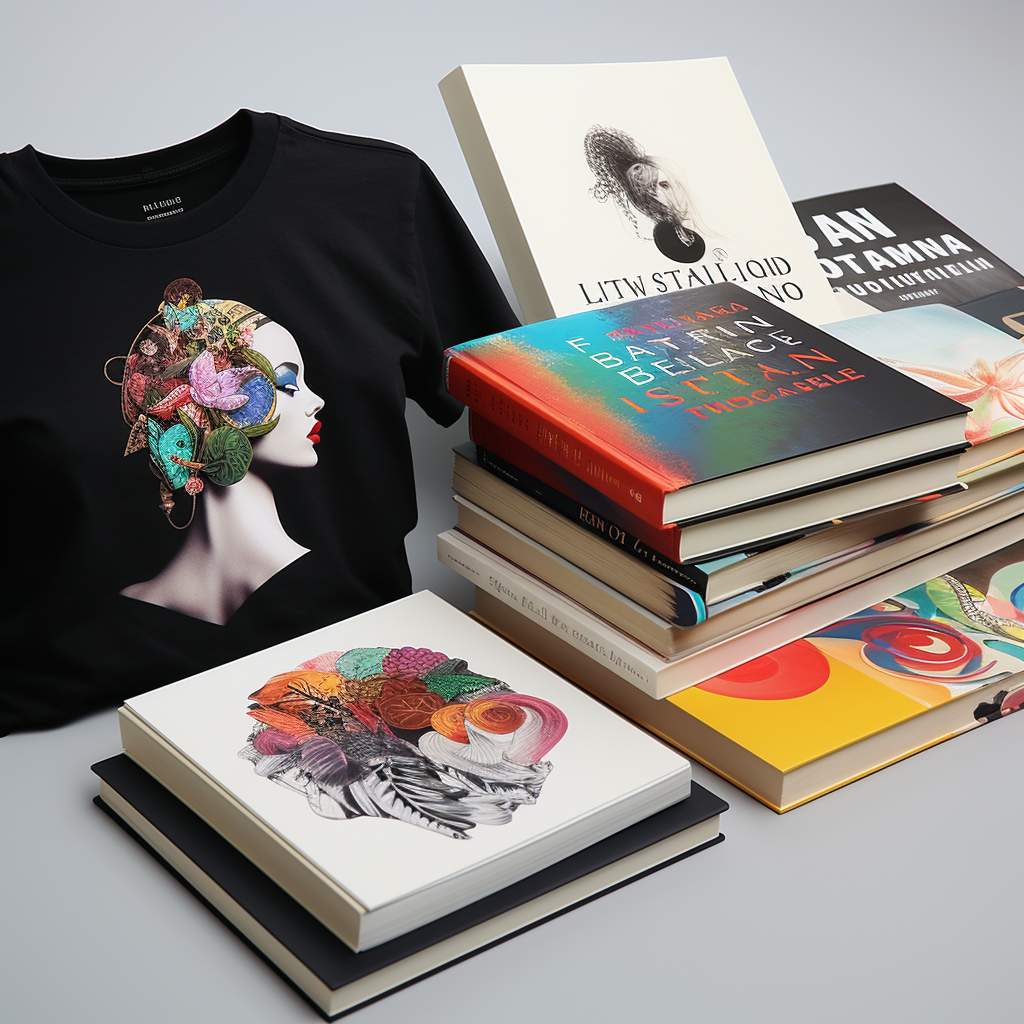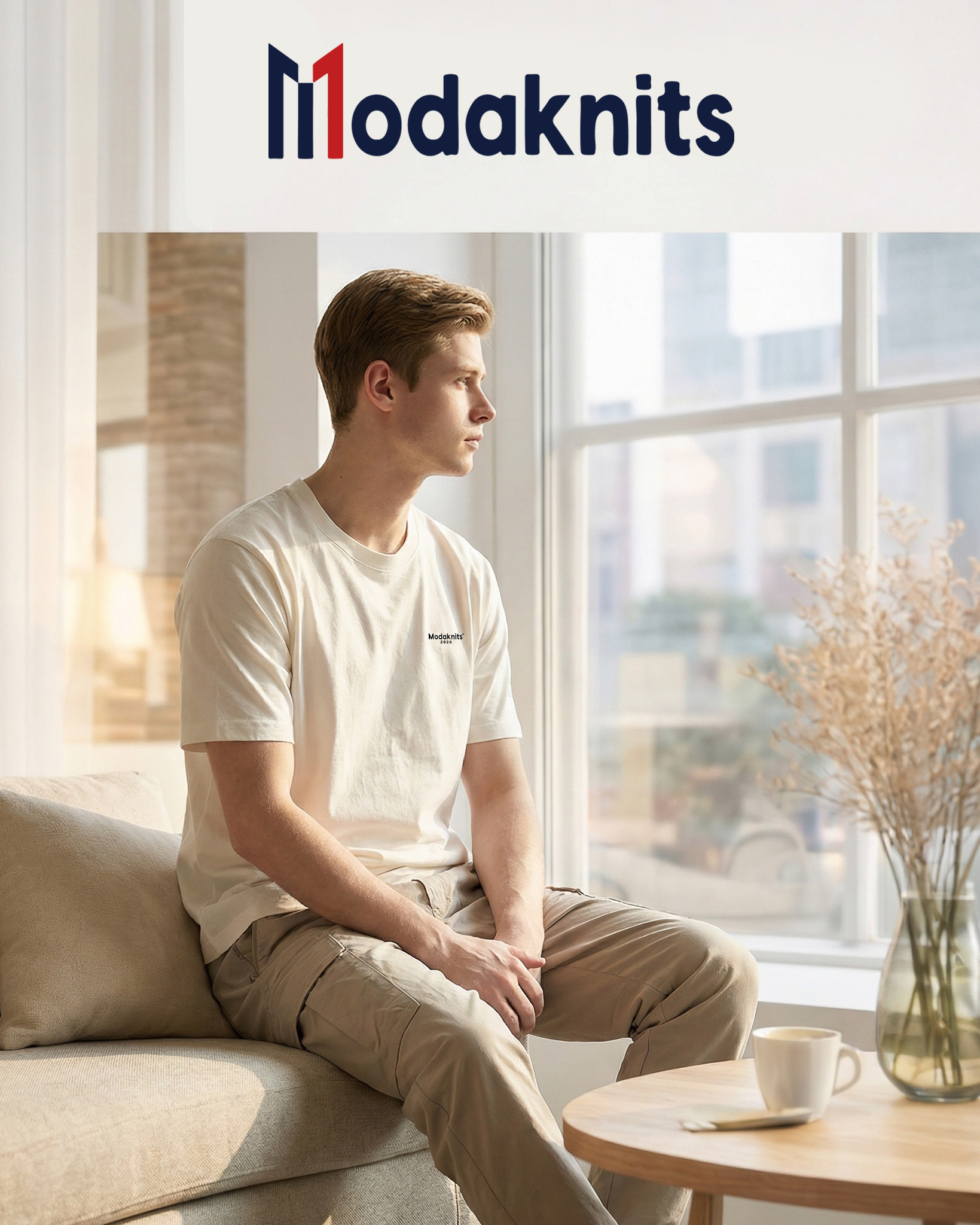Choosing the right fabric for embroidery is crucial for achieving a clean, professional finish. Whether you’re embroidering logos, monograms, or detailed patterns, the fabric type affects stitch quality, durability, and ease of embroidery. But which is better—polyester or cotton?
Cotton and polyester both work well for embroidery, but each has its advantages. Cotton is soft, breathable, and easy to embroider, making it ideal for detailed stitching. Polyester is durable, wrinkle-resistant, and holds up well to frequent washing, making it great for sportswear and work uniforms. The best choice depends on the intended use and embroidery technique1.
Let’s compare cotton and polyester fabrics in embroidery and explore which one is best for different applications.
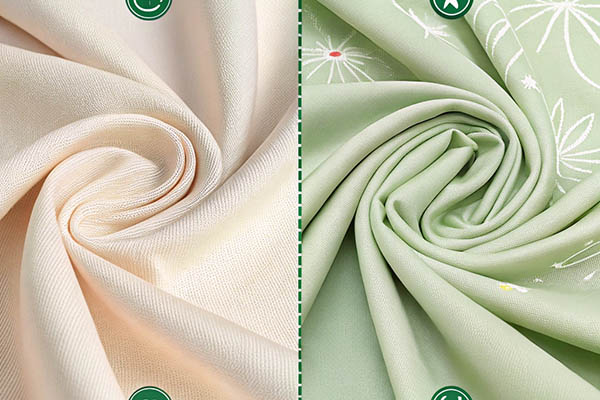
What are the key differences between polyester and cotton for embroidery?
The choice between polyester and cotton depends on factors like stitching behavior, durability, and fabric stretch.
Cotton is natural, soft, and breathable, making it great for hand embroidery and delicate designs. Polyester, a synthetic fiber, is stronger, more resistant to shrinking, and ideal for machine embroidery and performance wear.
How do they compare for embroidery?
| Feature | Cotton | Polyester |
|---|---|---|
| Ease of Embroidery | ✅ Easy to work with | ❌ Slippery and requires stabilizers |
| Durability | ❌ Can fray over time | ✅ Very strong and long-lasting |
| Shrinkage | ❌ May shrink after washing how to handle shrinkage | ✅ Shrink-resistant |
| Breathability | ✅ Highly breathable | ❌ Less breathable |
| Texture | ✅ Soft and natural | ❌ Smooth and synthetic |
| Machine Embroidery Suitability | ✅ Good, but requires care | ✅✅ Best for machine embroidery |
For traditional embroidery, cotton is easier to stitch. For machine embroidery and performance fabrics, polyester is a better option.
Is cotton better than polyester for embroidery?
Cotton is a classic choice for embroidery because of its natural feel, soft texture, and ability to hold stitches well.
Cotton is the preferred fabric for embroidery when you want a textured, traditional, and breathable finish. It absorbs embroidery thread well and is easy to work with, especially for hand embroidery. However, it may shrink after washing and is less durable than polyester.
Why choose cotton for embroidery?
| Benefit | Description |
|---|---|
| Easy to stitch | Holds embroidery threads firmly with minimal slipping. |
| Soft and breathable | Comfortable to wear, especially in warm climates. |
| Classic look | Ideal for vintage, hand-stitched, or detailed embroidery. |
| Works with most thread types | Cotton blends well with rayon, silk, and cotton embroidery threads. |
Downsides of using cotton for embroidery:
❌ May shrink after washing, affecting stitch placement.
❌ Prone to fraying, requiring stabilizers for intricate designs.
❌ Wrinkles easily, making it less ideal for sportswear.
If you want a classic, easy-to-embroider fabric, cotton is the best choice.

Is polyester better than cotton for embroidery?
Polyester is commonly used in sportswear, uniforms, and corporate apparel because of its durability and wrinkle resistance.
Polyester is the best choice for embroidery when you need a strong, fade-resistant, and wrinkle-free fabric. It is ideal for machine embroidery because of its smooth surface, but it requires stabilizers for polyester embroidery2 to prevent shifting during stitching.
Why choose polyester for embroidery?
| Benefit | Description |
|---|---|
| Highly durable | Holds up well after multiple washes. |
| Doesn’t shrink | Maintains embroidery alignment even after washing. |
| Wrinkle-resistant | Looks crisp and professional. |
| Works well for machine embroidery | Ideal for logos, corporate branding, and sportswear. |
Downsides of using polyester for embroidery:
❌ Slippery texture makes embroidery more challenging without stabilizers.
❌ Less breathable than cotton, which may feel uncomfortable in hot climates.
❌ Synthetic feel may not be ideal for all embroidery projects.
If you need durable, long-lasting embroidery for activewear or work uniforms, polyester is the better choice.
Which fabric works better for machine embroidery?
Machine embroidery requires a fabric that can hold stitches securely without puckering or distortion. Fabric tension tips3 are also crucial to avoid errors.
Polyester is better for machine embroidery because it is strong, smooth, and resists shrinking. Cotton also works well but requires stabilizers to prevent fabric movement.
Best machine embroidery fabric choice:
| Factor | Best Choice | Why? |
|---|---|---|
| Durability | ✅ Polyester | Holds up to frequent washing. |
| Fabric Stability | ✅ Polyester | Less likely to shift during stitching. |
| Thread Compatibility | ✅ Cotton | Works with more embroidery thread types. |
If you are embroidering logos, uniforms, or synthetic fabrics, polyester is the better choice.
How do embroidery threads react to polyester vs. cotton?
Thread compatibility is important for embroidery quality. Polyester vs. cotton thread4 can influence durability and overall finish.

Best thread choices for each fabric:
| Fabric Type | Recommended Embroidery Thread |
|---|---|
| Cotton | Rayon, cotton, or silk embroidery threads |
| Polyester | Polyester or rayon embroidery threads |
- Cotton fabrics pair well with natural embroidery threads like cotton and silk.
- Polyester fabrics require polyester thread to prevent fraying and ensure durability.
For matching durability and colorfastness, use polyester thread on polyester fabric.
What stabilizers work best for cotton and polyester embroidery?
Stabilizers prevent fabric shifting, stretching, and distortion during embroidery.
Best stabilizers for embroidery:
| Fabric Type | Best Stabilizer |
|---|---|
| Cotton | Tear-away or cut-away stabilizer |
| Polyester | Cut-away stabilizer with a topping film |
- Cotton needs light stabilizers to prevent puckering.
- Polyester needs stronger stabilizers to keep stitches in place.
Using the right stabilizer improves embroidery accuracy and durability.
Which fabric is best for custom embroidered clothing?
The best fabric for custom embroidered T-shirts, uniforms, and fashion pieces depends on use, comfort, and durability.
Best fabric choice for different uses:
| Embroidery Use | Best Fabric |
|---|---|
| Casual fashion embroidery | Cotton |
| Corporate logos on uniforms | Polyester |
| Sportswear and performance wear | Polyester |
| Hand-stitched embroidery projects | Cotton |
| Machine embroidery with fine details | Polyester |
If you need comfortable, everyday wear, choose cotton. For logos, activewear, or heavy use, choose polyester.
Conclusion
Both cotton and polyester are great choices for embroidery, but the best fabric depends on your project.
- Cotton is best for traditional, soft, breathable embroidery.
- Polyester is best for machine embroidery, durability, and long-lasting designs.
- For sportswear and work uniforms, polyester is better.
- For detailed, hand-stitched embroidery, cotton is ideal.
Choosing the right fabric ensures long-lasting, high-quality embroidery that looks professional and holds up over time.




